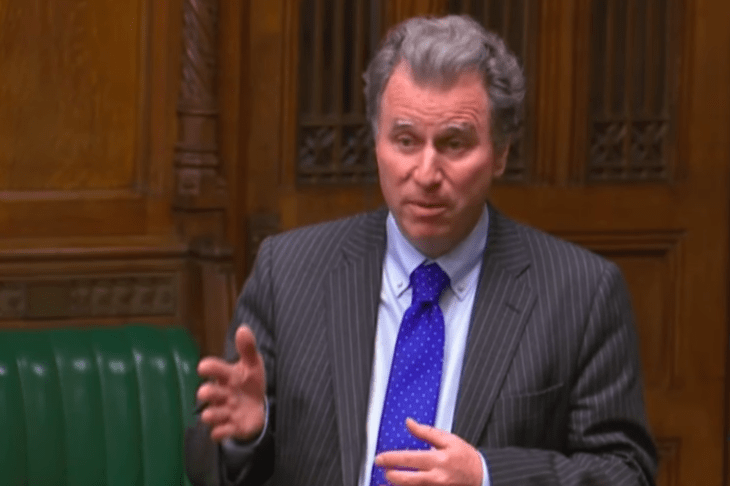On Coffee House last week, I wrote that the judgment of the Supreme Court shows that the Benn Act is unconstitutional. It is more than that: it constitutes a revolution in the way in which Britain is governed.
Oliver Letwin, who helped draft the Act, made this abundantly clear when speaking in the House of Commons on 14 February. His speech came in the run up to the first time Parliament took control to direct Government policy by legislation. But it also reveals the game plan that ultimately led to the Benn Act and the topsy-turvy situation we now find ourselves in. Letwin describes it as “astonishing turn of events” which will lead to Parliament essentially becoming a Cabinet:
“The process of which we are now at the start will require the fundamental realignment of the relationship between the civil service, Government and Parliament. There is no way we can continue to act as if we were merely a body to which the Government were accountable; for a period, for this purpose, we will have to take on the Government of our country.”
So there it is from the horse’s mouth. One of the principles that the Supreme Court laid down as fundamental to the constitution, that of Parliamentary accountability, and the separation of powers, are both violated by the Benn Act. And the destructive nature of the Act is in conflict with the principle of Parliamentary sovereignty, which the Court regards as “foundational”.
Yet does Parliamentary sovereignty have limits? The Law Lords (as they were then) have had their say on this matter. In R. v. Attorney General ex p. Jackson. [2005], Lord Hope of Craighead states that “Parliamentary sovereignty is no longer, if it ever was, absolute” and that it is “an empty principle if legislation is passed which is so absurd or so unacceptable that the populace at large refuses to recognise it as law.”
It is one Baroness Hale of Richmond who, in the same case, says: “The concept of Parliamentary sovereignty which has been fundamental to the constitution of England and Wales since the 17th century (I appreciate that Scotland may have taken a different view) means that Parliament can do anything.”
I wonder, particularly in light of Hale’s present judgment, whether she still believes this to be the case?
The Benn Act is arguably, based on legal opinion past and present, an illegitimate Act of Parliament. Yet do all Conservative MPs understand the significance of what has transpired over the last few weeks? If not, it is time for them to wake up to the reality: the way in which Britain is governed has changed. And this should be hammered home at the Tory party conference.







Comments